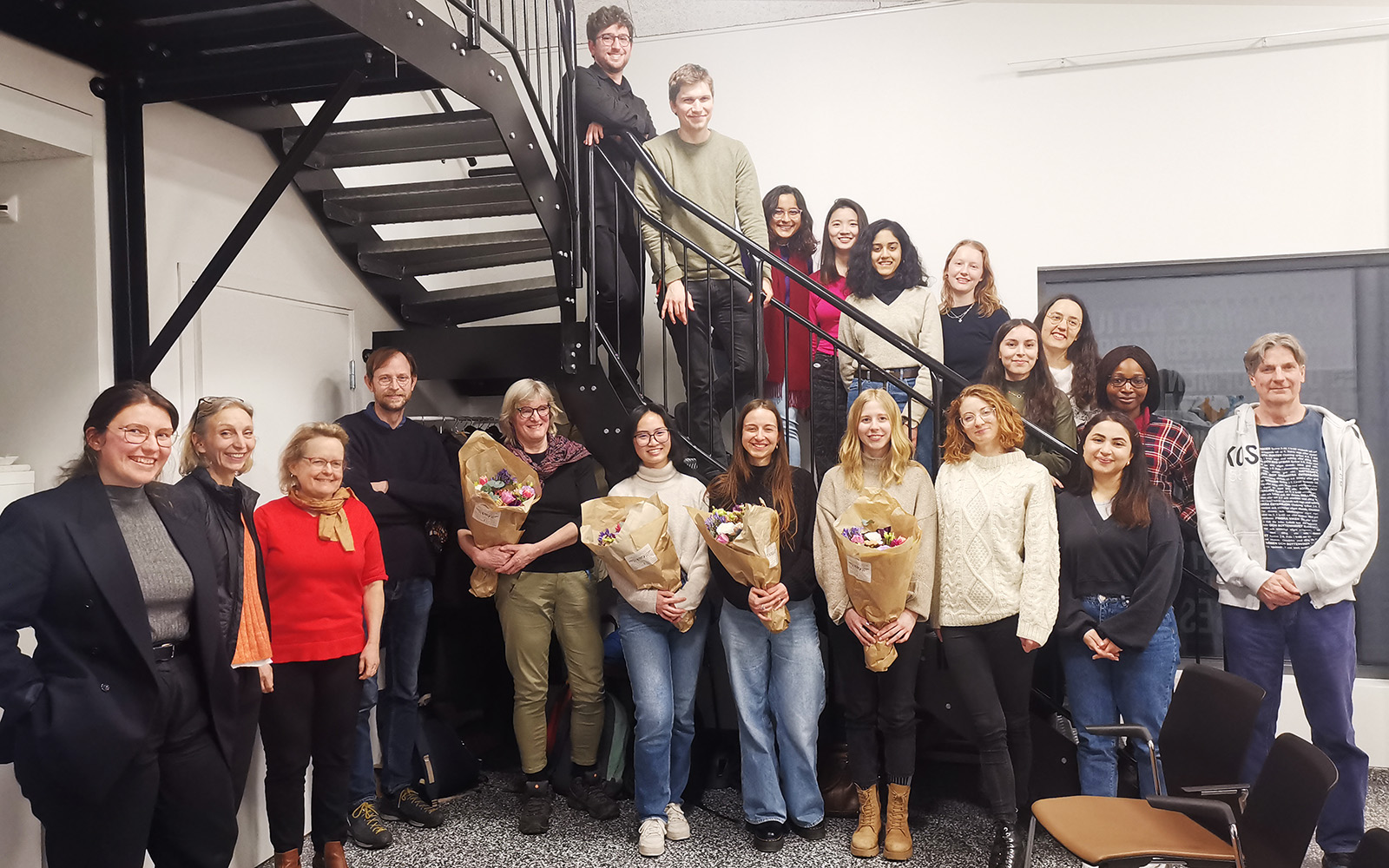Winners decided for the competition on climate and health

KTH, SU, and KI, also called the Stockholm Trio, have joined forces for climate action. Part of this collaboration has been a student competition with the overarching theme ”Climate and Health.” Over a two-week period, teams of students have collaborated to tackle challenges on how to reduce greenhouse gas emissions and make the city more resilient to the effects of climate change.
With just six years remaining until the City of Stockholm is set to achieve its ambitious goals of becoming climate-positive by 2030, the stakes are quite high. A climate-positive Stockholm must reduce greenhouse gas emissions and prepare for more extreme weather that could make city life more challenging. To tackle these issues, interdisciplinary collaboration and innovative ideas will be crucial. That is why the Stockholm Trio – comprising KTH, SU, and KI – have joined forces to organise a student competition for the first time. Each university was represented in the jury together with Stockholm Stad.
The competition’s overarching theme was Climate and Health, aligning with the city’s aspirations for a sustainable future. Over a two-week period, teams of students from the participating universities collaborated to tackle some of our times most pressing challenges. The students presented solutions to a variety of problems where consideration was taken to the urgency of the issues, ensuring that each proposed solution not only mitigated and adapted to climate change, but also promoted good health and well-being in the city.
The student projects cover a wide range of areas, ranging from ways to minimise risk of falling during winter given the higher future risk of icy roads, adaptation measures for citizens to handle warmer summers, and plans to mitigate emissions from private cars – one of the city’s largest emitters of greenhouse gas emissions.
Winning project: Winter Sponge City
The competition winner was a team working on a project called “Winter Sponge City”.
What is your project about?
”Our project aims to improve pedestrian path conditions in the City of Stockholm during winter. As a result of quick temperature changes and impervious surfaces, frozen snowmelt water forms a slippery ice layer on the sidewalk paths. This is dangerous to people with a higher potential of getting fractured, which would further impact people’s reluctance to winter outdoor activities. To solve this problem, we propose a 3-phase solution based on the Sponge City concept, meaning the city drainage system can manage water more effectively using natural-based facilities.”
How could your project help improve the health of the people of Stockholm and help reaching the goals of becoming climate positive in Stockholm?
”Health issues related to lack of exercise will be reduced and general physical health levels will be improved. This will save money from winter medical care which is in general higher than winter maintenance of the roads. By reducing car usage, greenhouse gas emissions will reduce and vegetation will further improve air quality in the city. All these benefits mentioned will contribute to reaching SDG 11 Sustainable Cities and Communities, SDG 13 Climate Action, and SDG 3 Good Health and Wellbeing.”
What is next for the teams?
This spring, the students will present their ideas again, but this time in City Hall. Because of the inspired ideas the student has presented, they will now have the chance to present their projects to other stakeholders working on the same topics in the city.
